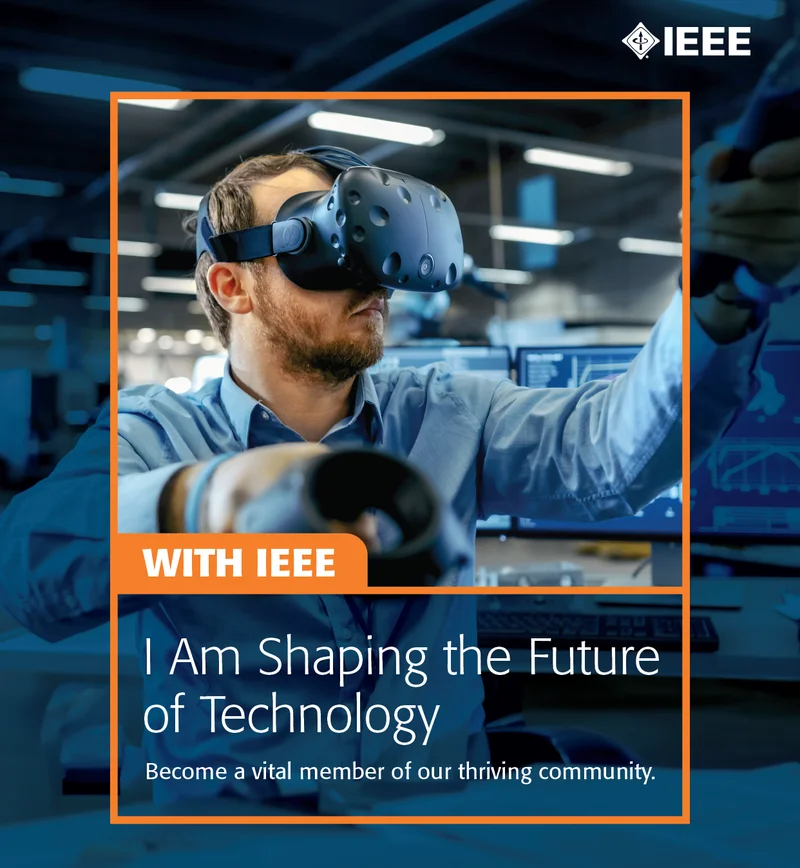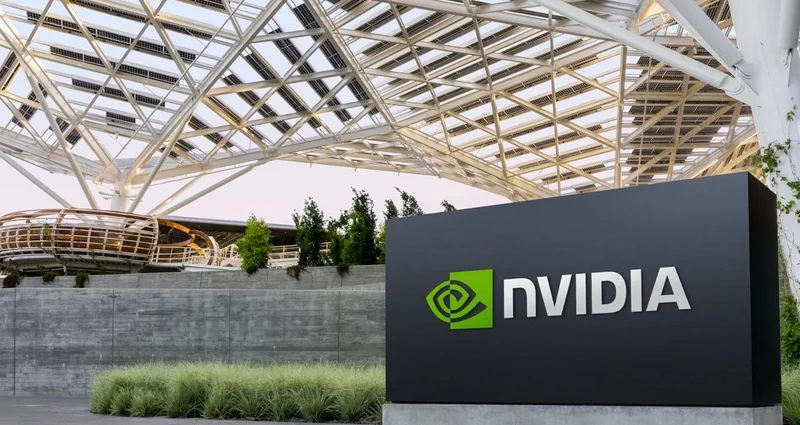IEEE: News, Transactions, and What It All Means
ABSOLUTE DIRECTIVE: TITLE FULFILLMENT ###
[Generated Title]: Laptops Are About to Get Radically Different, But Don't Believe the Hype
The NPU Arms Race: TOPS vs. Reality
The promise is seductive: your next laptop, humming with AI smarts, running large language models (LLMs) locally, no more data center dependence. Microsoft is pushing it hard with Copilot+ and its "AI Foundry Local," and the hardware vendors are lining up to deliver. But before you rush out to trade in your current machine, let's inject a dose of data-driven skepticism.
The core of the "AI PC" revolution is the Neural Processing Unit, or NPU. These specialized chips are designed for the matrix multiplication calculations that underpin most AI models. The industry is currently engaged in a "TOPS arms race," with vendors touting ever-higher tera-operations per second (TOPS). Qualcomm, AMD, and Intel are all vying for dominance. Dell's upcoming Pro Max Plus AI PC, boasting a Qualcomm AI 100 NPU, promises up to 350 TOPS. That's a 35-fold increase compared to NPUs from just a few years ago.
But here's the rub: How many TOPS do you actually need? No one seems to know for sure. The article itself admits, "It’s not possible to run these models on today’s consumer hardware, so real-world tests just can’t be done."
It's a classic marketing tactic: declare a "revolution" and sell a solution before anyone fully understands the problem. We're being told that more TOPS equals better AI performance, but the data to support this claim is conspicuously absent. It's like selling megapixels on a camera without mentioning the lens quality.
Memory: The Silent Bottleneck
The focus on TOPS obscures a more fundamental challenge: memory. LLMs require large amounts of memory, and the entire model must load into memory at once. The traditional PC architecture, which splits memory between the system and the GPU, is a major bottleneck.
AMD is pushing a unified memory architecture with its Ryzen AI Max APUs, placing CPU, GPU, and NPU on the same silicon, allowing all three to access a shared pool of up to 128 GB of system memory. Intel and Nvidia are also reportedly joining forces to develop chips with unified memory.

This is a more promising development, but even 128 GB may not be enough for the largest, most capable models. The article notes that the largest AI models have over a trillion parameters, requiring memory in the hundreds of gigabytes. So even with unified memory, we might still be stuck with smaller, less intelligent models running locally.
And this is the part of the report that I find genuinely puzzling. The industry is touting local AI processing for privacy, but the memory limitations effectively force users to choose between privacy and model capability. If you want the really smart AI, you're still going to be sending your data to the cloud.
The Microsoft Tax and the Open-Source Mirage
Microsoft is clearly positioning Windows as the go-to platform for AI PCs. The company's "AI Foundry Local" includes a catalog of open-source large language models, and Windows ML runtime automatically directs AI tasks to the CPU, GPU, or NPU hardware best suited for the job.
But there's a catch (isn't there always?). While Microsoft offers access to open-source models, it also controls the underlying infrastructure. This gives Microsoft significant leverage over the entire AI PC ecosystem. It's like offering free software on a proprietary operating system.
Microsoft launched Copilot+ PCs at the company’s 2024 Build developer conference. The launch had problems, most notably the botched release of its key feature, Windows Recall, which uses AI to help users search through anything they’ve seen or heard on their PC. Still, the launch was successful in pushing the PC industry toward NPUs, as AMD and Intel both introduced new laptop chips with upgraded NPUs in late 2024.
And who benefits from all this NPU "innovation"? Microsoft, of course. The company gets to sell more Windows licenses (presumably at a premium) and collect more data from its users. It's a win-win for Microsoft, and a potentially less clear win for consumers.
This "Revolution" Needs More Data
The data suggests we're still a long way from running truly capable AI models locally on laptops. The NPU arms race is largely marketing hype, and the memory limitations are a significant constraint. Microsoft's control over the AI PC ecosystem raises further questions about privacy and vendor lock-in. I've looked at hundreds of these filings, and this particular confluence of hype and missing data is unusual, even for the tech industry.
Related Articles
Nvidia Stock: What's Happening and What We Know
Access Denied? More Like a Universe Unlocked! Okay, folks, let's talk about something that might see...
USPS Launches Informed Delivery App: A Sign of Government Innovation as FEMA Halts Preparedness Grants
The Last Mile, Digitized: Why the New USPS App is More Than Just Package Tracking There's a strange,...
AXS: More Than a Token, A Glimpse Into Our Digital Future
The Denver Anomaly: Why One Thursday in 2025 is a Secret Glimpse of Our Algorithmic Future Look, I w...
The Aster Name is a Mess: A breakdown of the flower, the crypto, and the weird-ass movies
Forget Crypto, My New Investment is a Six-Inch Weed Called 'Snow Flurry' So, I’m scrolling through m...
Palantir Stock (PLTR): The Hype, The Price, and Why It's Not Nvidia
So, let me get this straight. The U.S. Army hands a nine-figure contract to the tech-bro darlings of...
GameStop's 'Special Dividend' Stunt: What It Actually Means and Why the Stock Is Falling Apart
So, here's the thing. I can't write the article you came here to read. I was supposed to. I had a to...





